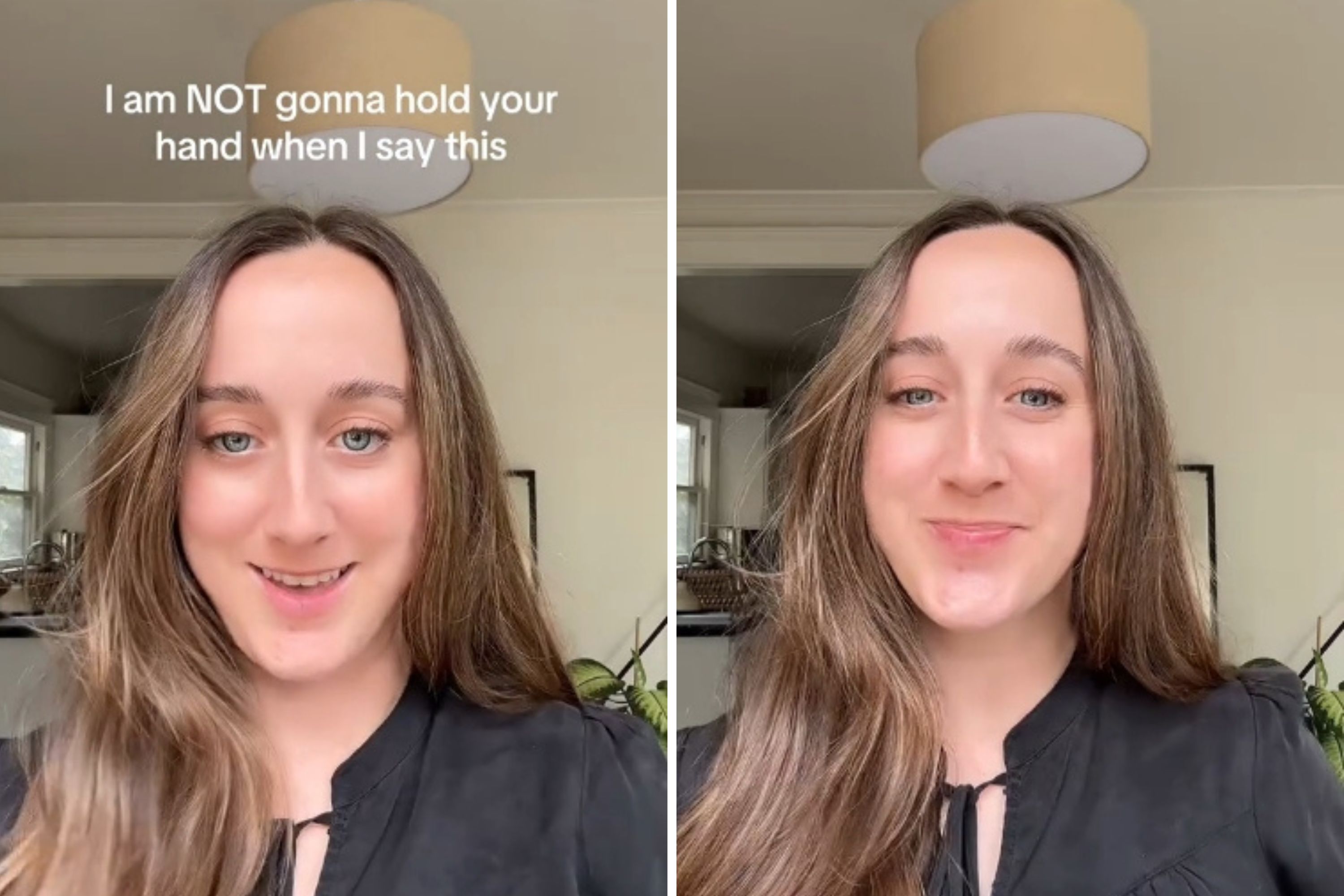In everyday conversations, most people appreciate being asked about their lives—or at least, that's what common wisdom suggests.
But a new study published in the Journal of Experimental Psychology has uncovered a conversational habit that might be doing more harm than good. Dubbed "boomerasking," the behavior involves asking someone a personal question, letting them answer, and then quickly turning the spotlight back on oneself with their own answer. Whether it's a brag, a complaint or a neutral comment, boomerasking leaves a worse impression than simply talking about oneself upfront.
The study, conducted by Alison Wood Brooks and Michael Yeomans, analyzed how people perceive conversational partners who use the backhanded style of self-disclosure. They found that boomeraskers often see themselves as likable—but others view them as insincere.

What Is Boomerasking?
Imagine someone asks: "How was your weekend?" You share a story about catching up with friends, only for them to immediately reply, "Oh cool—mine was amazing! I went skydiving."
This is a classic example of what the researchers call "ask-bragging," which is one of three subtypes identified in the study. The other two are "ask-complaining," where the follow-up is negative and "ask-sharing," a neutral or mundane disclosure.
Though the initial question seems well-intentioned, the quick pivot suggests the asker is less interested in the other person's life and more eager to talk about their own. To quote one of the survey questions, boomerasking feels like "pretending to care."
Why Do People Boomerask?
According to the study, boomerasking may reflect a clash between two human desires: the urge to be responsive to others and the desire to share personal experiences. By asking a question first, people try to appear thoughtful, but when they can't resist chiming in with their own story, the illusion falls apart.
Interestingly, the study also found that more specific questions—such as: "What did you think of the new HR system?"—were seen as less sincere than broad questions like: "How is work going?" The narrower the question, the more obvious it became that the asker was fishing for an opportunity to share.
Good conversation is about making others feel heard, not just waiting for your turn to talk. Boomerasking troubles this balance, turning what could be a meaningful interaction into a performance. Interestingly, the study found that people would actually prefer it if you just talked about yourself openly, rather than using a question as a disguise to speak.
How to Avoid Boomerasking
The researchers suggest a few ways to break the habit:
- Be aware: Simply knowing about what boomeraskers are, and how they are perceived, can help you prevent boomerasking in conversations.
- Ask questions that you are unable to answer yourself: This prevents the possibility of boomerasking, because you have nothing to contribute.
- Use responsive listening: Reflect or ask follow-up questions instead of shifting the focus.
Ultimately, being genuine is more memorable than attempting to appear polite. So, the next time you're tempted to boomerask, consider saying: "I had a great weekend—how was yours?" It might leave a better impression.
Is This Article Trustworthy?
Is This Article Trustworthy?
Newsweek is committed to journalism that is factual and fair
We value your input and encourage you to rate this article.
Newsweek is committed to journalism that is factual and fair
We value your input and encourage you to rate this article.
About the writer
Maria Morava is a Newsweek reporter based in Edinburgh, U.K. Her focus is reporting on relationships. She has covered news, ... Read more




